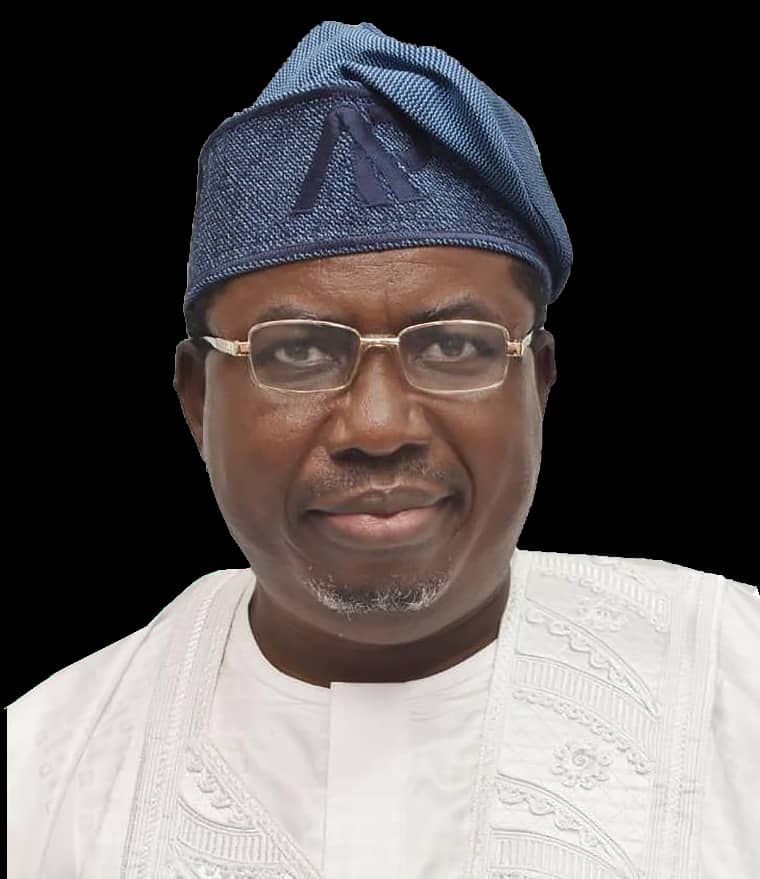From Atiku Sarki, Abuja
The Chairman of the Independent National Electoral Commission (INEC), Prof. Joash Ojo Amupitan, SAN, has declared that the deployment of the Bimodal Voter Accreditation System (BVAS) has effectively ended the long-standing problem of voter impersonation in Nigeria.
The INEC boss made the declaration while speaking at the 2025 Digital Nigeria International Conference and Exhibitions organised by the National Information Technology Development Agency (NITDA) in Abuja. The statement was released to Triumph by the INEC Chief Press Secretary, Mr. Dayo Oketola.
Represented by National Commissioner Mrs. May Agbamuche-Mbu, Prof. Amupitan described BVAS as a “foolproof mechanism” for verifying voters, saying that the era of multiple voting and identity fraud is over.
“The BVAS device has become our frontline defence against identity fraud, ensuring that only the rightful, eligible voter can be accredited at the polling unit,” he said. “With the biometric safeguards now in place, voter impersonation has been effectively eliminated from our electoral system.”
The INEC Chairman cited data from the recently concluded Anambra Governorship election to back his claims.
He said the 6,879 BVAS devices deployed recorded excellent performance, with over 99% of polling unit results uploaded to the INEC Result Viewing (IReV) portal on Election Day itself.
“These outcomes confirm that BVAS and IReV are no longer experimental but entrenched parts of Nigeria’s electoral architecture. The figure announced at the polling units is the same figure visible to the public,” Prof. Amupitan told the audience of tech innovators, policymakers, and civil society actors.
He further highlighted the importance of the Electoral Act 2022, noting that Section 47(2) transformed digital devices from administrative tools into “statutorily protected pillars” of the electoral system.
“This legislative foundation ensures that our digital tools have both operational and legal legitimacy. It has strengthened public trust and enabled the Commission to innovate with confidence,” he added.
However, Prof. Amupitan acknowledged persistent logistical challenges, particularly poor connectivity in remote areas.
He noted that Nigeria’s 176,846 polling units, some located in swamps and mountainous regions, make real-time upload of results a major challenge.
“A tool like BVAS is only as good as the network it runs on,” he said, promising continued engagement with the NCC and network providers to bridge connectivity gaps.
Despite these challenges, the INEC chairman reiterated that the Commission will not return to manual procedures, describing them as “vulnerable to human interference.”
He promised ongoing upgrades to enhance election technology and ensure seamless operations.
Concluding his keynote address, Prof. Amupitan said the days of “ghost voters” were over, affirming that the Commission’s mission remains to verify every eligible voter, count every vote properly, and share results transparently.
“Technology has helped us secure these foundations of democracy,” he added.


